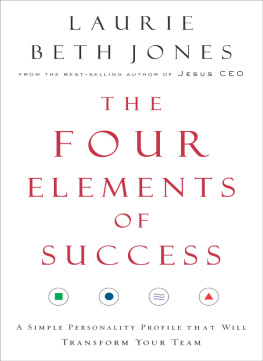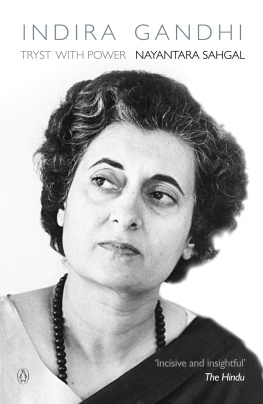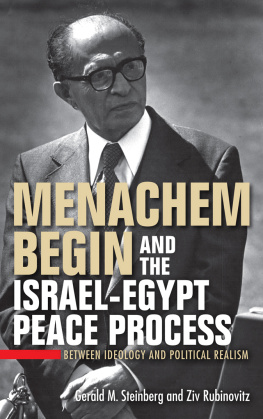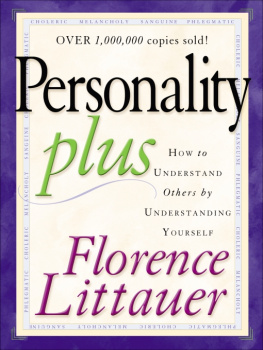WOMAN IN POWER

Arts Insights showcases current research in the social sciences, humanities, and social work.
An initiative of McGills Faculty of Arts, Arts Insights brings together research in the Social Sciences, Humanities, and Social Work. Reflective of the range of expertise and interests represented by the Faculty of Arts at McGill, Arts Insights seeks manuscripts that bring an interdisciplinary perspective to the discussion of ideas, issues, and debates that deepen and expand our understanding of human interaction, such as works dealing with society and change, or languages, literatures, and cultures and the relationships among them. Of particular interest are manuscripts that reflect the work of research collaborations involving McGill faculty and their colleagues in universities that are part of McGills international affiliation network.
Arts Insights will publish two titles a year in English. The editors prefer original manuscripts but may consider the English-language translations of works that have already appeared in another language.
Series editors: Nathalie Cooke, Richard Schultz, Wendy Thomson
Projecting Canada
Government Policy and Documentary Film at the National Film Board
Zoe Druick
Beyond Wilderness
The Group of Seven, Canadian Identity, and Contemporary Art
Edited by John OBrian and Peter White
Mordecai Richler
Leaving St Urbain
Reinhold Kramer
Women in Power
The Personalities and Leadership Styles of Indira Gandhi, Gold Meir, and Margaret Thatcher
Blema Steinberg
Women in Power
The Personalities and Leadership Styles of Indira Gandhi, Golda Meir, and Margaret Thatcher
BLEMA S. STEINBERG

McGill-Queens University Press 2008
ISBN 978-0-7735-3356-1
Legal deposit second quarter 2008
Bibliothque nationale du Qubec
Printed in Canada on acid-free paper that is 100% ancient forest free (100% post-consumer recycled), processed chlorine free.
McGill-Queens University Press acknowledges the support of the Canada Council for the Arts for our publishing program. We also acknowledge the financial support of the Government of Canada through the Book Publishing Industry Development Program (bpidp) for our publishing activities.
Library and Archives Canada Cataloguing in Publication
Steinberg, Blema S.
Women in power : the personalities and leadership styles of Indira Gandhi, Golda Meir, and Margaret Thatcher / Blema S. Steinberg.
Includes bibliographical references and index.
ISBN 907-0-7735-3356-1
1. Gandhi, Indira, 19171984. 2. Meir, Golda, 18981978. 3. Thatcher, Margaret. 4. Leadership in women. 5. Personality and politics. 6. Leadership Psychological aspects. 7. Women prime ministers Biography. I. Title.
D839.5.s72 2008 303.3'4082 C2007-906360-8
This book was typeset by Interscript in 10.5/13 Sabon.
To the memory of my late mother and father, Dorita Bacal Salomon and Moe George Salomon, whose life-long support and encouragement made it possible for me to become the woman I am,
and
To Margaret Thatcher and the memory of Indira Gandhi and Golda Meir, whose lives and careers have paved the way for other women to follow in their footsteps and become political leaders
Contents
Figures and Tables
FIGURES
TABLES
Acknowledgments
This book has been nearly ten years in the making. Along the way my intellectual debts have been numerous. Foremost among them is the debt I owe Professor Aubrey Immelman, whose presentation at an annual meeting of the International Society for Political Psychology introduced me to the research of Theodore Millon and his role in broadening the scope of personality traits, based on the Diagnostic and Statistical Manual of the American Psychiatric Association (DSMIV), to include normal as well as pathological variations. Immelman then developed a conceptual framework and methodology that permits an at-a-distance analysis of political personalities based on primary- and secondary-source materials. His approach provided the intellectual foundations for my study of the personality profiles of Indira Gandhi, Golda Meir, and Margaret Thatcher.
The research of professors Margaret Hermann and Juliet Kaarbo also stimulated me to think about leadership styles in prime-ministerial systems of government and suggested a way of categorizing that behaviour. Instrumental, too, were the editors of the journal of Political Psychology and their readers, who pushed me to think through the conceptual problems and the technical issues in my approach to the study of personality and leadership style.
My two doctoral research assistants, Spyridon Kotsovilis and Jeffrey Osweiler, not only performed the usual tasks of retrieving library materials, extracting, and coding but also served as colleagues in the development of various hypotheses as well as an instrument for measuring leadership styles. Each of them carefully read and critiqued every chapter with great care and forced me to clarify my ideas and improve the writing style. Curtis Fahey, my copy editor, once again did a superb job tightening the manuscript and pointing out factual omissions. Although I alone am responsible for this final version, there is no doubt that it is infinitely better as a result of his efforts. I also wish to thank Dianne Tiefensee for her fine work on the index and Neda Hadjikhani for her invaluable help in proofreading the manuscript. At McGill-Queens University Press, Philip Cercone, executive director and senior editor, was unfailing in his support and encouragement; Joan McGilvray, coordinating editor, and Ligy Alakkattussery, editorial assistant, were also very helpful in their respective roles. My deepest thanks go to all of them. Mircea Radita, my computer guru, not only quickly repaired the usual glitches but also repeatedly calmed an anxious author who was certain that this time a portion of the manuscript had been irretrievably lost.
I also wish to acknowledge the excellent assistance of a number of individuals who translated materials from Hebrew into English: Gad Elbaz, Dov Okunef, Janie Ben-Shach, and Dotan Shenhav.
Given the relative paucity of research materials available for the study of Golda Meir, as compared to Indira Gandhi and Margaret Thatcher, I was extremely fortunate to be able to interview many of Meirs former colleagues in the Labor Party and in the government. Many of these contacts were facilitated by Professor Shai Feldman, whom I met at a small dinner party hosted by the Canadian ambassador to Israel and his wife, Don and Jill Sinclair, and I am grateful for his help and their warm hospitality.
I offer my deepest appreciation to Shimshon Arad, Eytan Ben Tsur, the late Simcha Dinitz, Arie Lova Eliav, Michael Harish, Shlomo Hillel, Yitzhak Navon, Chaim Nivon, Yaacov Nitzan, Shimon Peres, Viktor Shemtov, Gad Yaakobi, Moshe Yegar, and Zvi Zamir for their willingness to be interviewed and to speak openly. Professors David Harmon and Meron (Ronnie) Medzini also provided helpful insights into Meirs character. In Israel, Chaim Zohar assisted in the research, and Professor Reuven Hazan of the Hebrew University in Jerusalem kindly took the time and interest to find another research assistant for me. As well, the Canadian charg daffaires, Henry Kolatacz, and his wife, Anne, Avi and Marty Pazner, and Amitai and Margalit Ziv entertained me in their homes. I thank them for their kindness and generosity.
Next page











